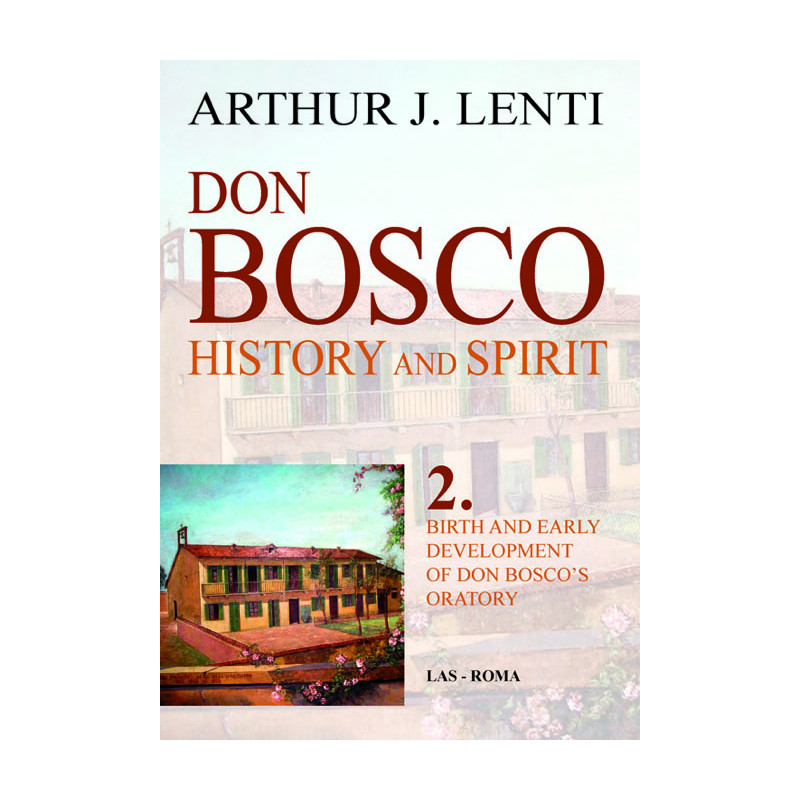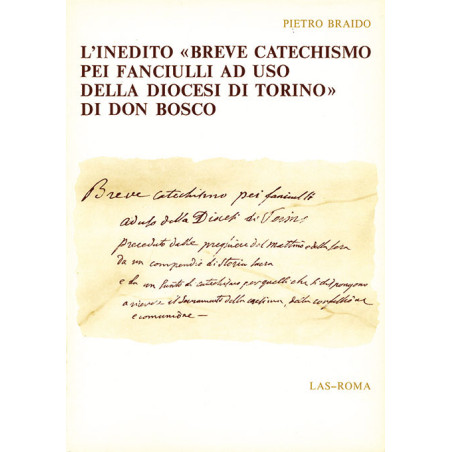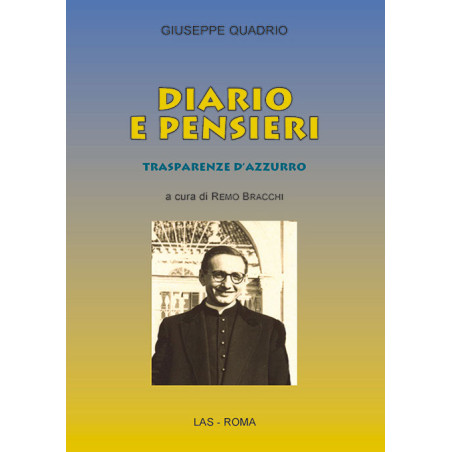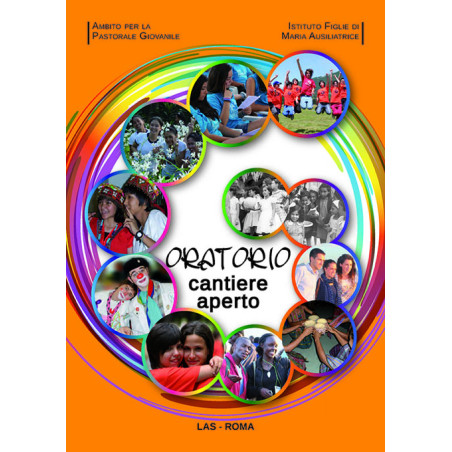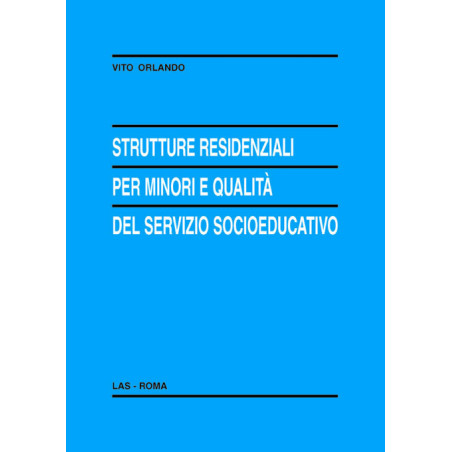Don Bosco: History and Spirit. 2. Birth and Early Development of Don Bosco's Oratory
15,00 €
Nessuna tassa
Scheda dati
- Autore
- Arthur J. LENTI
- ISBN
- 978-88-213-0657-0
- Tipologia
- Cartaceo
- Collana
- Don Bosco - History and Spirit
- Numero collana
- 2
- Pagine
- 242
- Anno di pubblicazione
- 2007
Descrizione
Storia, formazione, spiritualità
This second volume of the series, Don Bosco: History and Spirit, surveys the beginnings and early development of Don Bosco’s oratory. It is placed against the background of the social situation in Turin, and in the context of the momentous events spanning the period from the liberal revolution (1848) to the unification of Italy (1861). In successive chapters we follow the gradual unfolding of the work of the oratory from its beginnings at the Pastoral Institute of St. Francis of Assisi (1841) to Marchioness Barolo’s institutions (1844) and, through an uncertain period of "wandering" to its final settlement at Pinardi’s House (1844-1846). These are the years of Don Bosco’s definitive vocational commitment. Once settled, Don Bosco set about developing the work through two additional oratories, and through the establishment of a "Home Attached to the Oratory" for the poorest lads, with workshops and school in expanded premises.
The series Don Bosco, History and Spirit consists of seven volumes. The first three volumes survey the life and times of John Melchior Bosco ("Don Bosco," 1815-1888) up to 1864, with particular attention to nineteenth-century political, social and religious history. This survey looks at Don Bosco’s own education, at his spiritual and theological formation. It examines the growth of the work, and the founding and initial development of the Society of St. Francis de Sales, in the context of the liberal revolution and the unification of Italy (1848-1861).
The next four volumes describes Don Bosco’s life and work in the period following the unification of Italy. In this setting Don Bosco, History and Spirit discusses the institutional developments and organization of the Salesian Society. It describes Don Bosco’s further ministerial choices, and surveys the expansion of the Salesian work. At the same time it examines the development of permanent structures to guarantee the continuance of the Salesian work, and discusses some of the founder’s insights and ideas, especially as they emerge from the reflective writings of his maturity.

